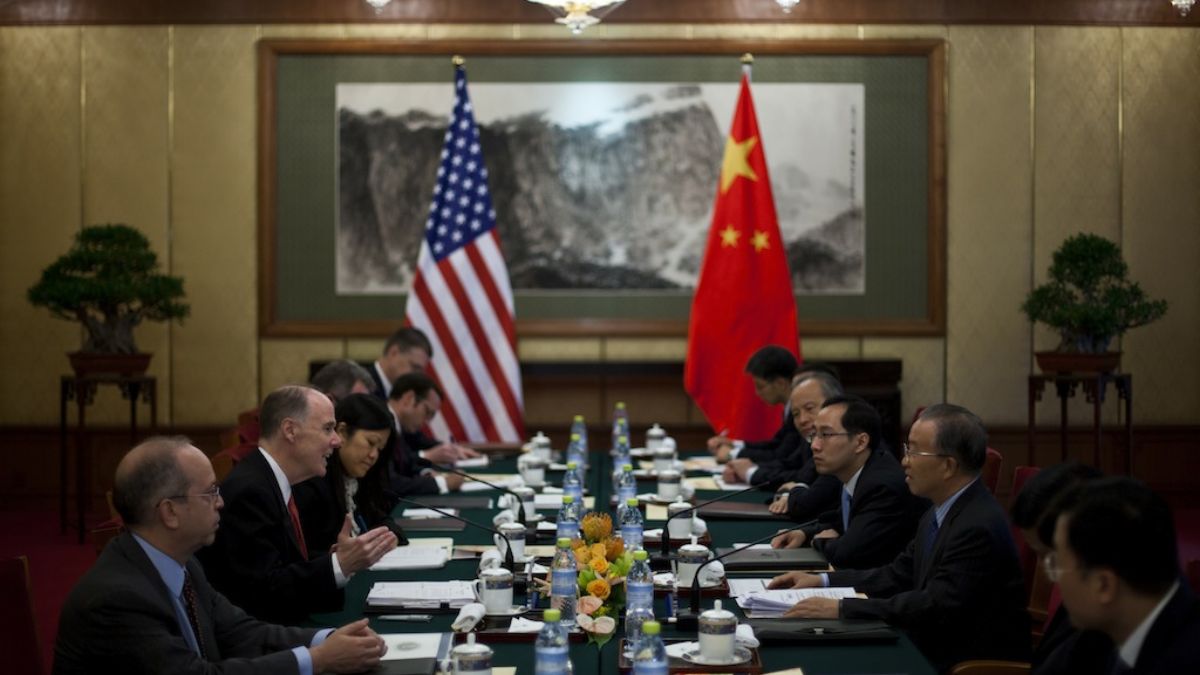The China-U.S. commercial and trade working group convened its second vice-ministerial meeting in Tianjin on Saturday, marking a crucial step in addressing key trade and policy issues between the world’s two largest economies. The session provided a platform for in-depth, professional discussions aimed at resolving disputes and exploring opportunities for economic collaboration.
The meeting was attended by high-level officials from both countries, including Chinese Vice-Minister of Commerce Wang Shouwen and U.S. Deputy Trade Representative Sarah Bianchi. The discussions focused on a range of topics critical to both nations, including trade policies, market access, and investment strategies.
This second vice-ministerial meeting follows the inaugural session earlier this year, which was aimed at establishing a framework for ongoing dialogue between China and the U.S. The Tianjin discussions were characterized by their focus on pragmatic solutions and rational exchanges, reflecting the importance of maintaining constructive communication amidst broader geopolitical tensions.
Wang Shouwen emphasized the constructive nature of the talks, stating, “Today’s meeting has been both thorough and productive. We have worked on finding practical solutions to enhance bilateral trade and investment. Our objective is to foster a stable and favourable business environment for both Chinese and American enterprises.”
The meeting also addressed recent trade disputes and challenges in the China-U.S. economic relationship. Officials reviewed the impacts of existing trade policies and discussed potential adjustments to align with the evolving global economic landscape. This included exploring ways to address trade imbalances and barriers to market access that have been points of contention.
The Tianjin session reflects both countries’ recognition of the need for ongoing dialogue to support economic stability and growth. The discussions highlighted the commitment of both China and the U.S. to maintaining an open channel for negotiations and working towards practical solutions to shared economic challenges.

